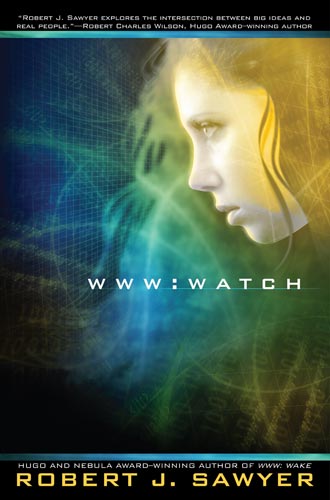Warning: LOOOONG post below.
We're writing about how to write short stories. All I really know is my process, but it works well for me. I have a few rules for myself that I follow. As I admitted in a recent interview, drafting short stories is sheer drudgery. It's fun for a few pages and then each word becomes a trial. Fortunately, I love to
have written short stories, and I love how they hone my craft, and I keep having ideas that are too small for novels or novellas, so I keep torturing myself. All these rules are really about removing my excuses for not writing them.
1. I plot.I don't write a word until I know the beginning, middle, and end.
It takes thousands of words for me to figure out what I'm trying to say. Or I can just
think about it without the whole writing complication, and work it out that way. A lot of writers think with their fingers. That's cool. It's simply not efficient for me, and plotting has never been my strong suit. So I have a very guided thought process.
2.
I think about my idea in terms of STORY.
That means I frame my idea with the concepts of conflict, internal and external problems, protagonist and antagonist, character goals, rising action, obstacles, reversals, plants... in other words, I pull from my craft toolbox to plan out my story. So when I'm thinking over an idea, meandering thoughts don't last too long. It's a very focused process. Sometimes I have a character in mind. In the plot below, I have several linked stories about these people. But often I have an idea first, something I want to say, and my goal is to plan how to best illustrate it as well as find the right characters to people my world.
3. I figure out who the players are, and trim if necessary.Each character gets a note about their internal and external goals (admittedly, though, sometimes that's in my head). If he's just some bartender and all he does is serve my protagonist a drink, or if she's a Red Shirt who dies to drive home a plot point, they don't get names.
It's important to note that names, especially in the short form, indicate importance to the reader. I also combine characters when possible. A short story is no place for a cast of thousands.
4. I write it all down.I write synopses and storyboard my novels, but I tend to draw linear plots for my short stories. Sorry it's sideways, but this is more about how I lay it out on the page than the actual words anyway.
You'll notice I draw a line down the middle of my page. That's the time-line, in a linear story. That's because most - not all! - short stories have linear plots. Mine all have, so far. On one side goes the plot, on the other, character notes. I suppose I would draw two staggered, broken lines, if I had simultaneous timelines in my story (if I were mixing past and present or different worlds or something).
Character notes on the left lay out the protagonist and antagonist, their respective goals, internal issues, and then any other players. Sometimes they're named, as I mentioned above, if they get a lot of screen time, sometimes they're not. For example, in this story a messenger delivering a missive from the battlefield to the king's tent would not be named or described at all. He's basically a prop. The King's general, though, who gets quite a lot of screen time, will be named.
The right side is for plot. You'll notice three marks quarter the line. Those are for major plot points. I always think of all my stories, no matter how long, as 4 act plays, so at the first quarter mark, the protagonist must find some way, always ineffective, to try to answer the challenge laid before him. You'll notice our Prince Regan must kill someone to maintain the respect of his men. Not something he wants to do, and it won't work, for sure.
At the center, the middle of the story, the protagonist's fortune changes irrevocably. It is at this point he must fully commit to his course or lay down his arms. Incidentally, I find this works for novels, too, and cures the "saggy middle syndrome."
Then at the final quarter, the mark indicates the launch of the climax, the final penultimate scene.
The U-shaped hashmarks indicate reversals and obstacles. There are no set number of them. Sometimes these obstacles are provided by the protagonist himself, such as when Regan questions his king about the crusade. One does not question his king in public, especially when he's the prince! Sometimes obstacles are laid out by the antagonist, like when Regan is sent to a less important battlefield right before the middle of the story.
What I don't have are any prologue or epilogue scenes, which I believe have no place in the short form. I also have an idealized requirement for all my scenes: they must show character development, they must forward the story, and illustrate the setting/world. In the best stories, all three are so tightly woven it's tough to know where one ends and another begins.
And there you have it: how I turn ideas into short stories. Hopefully there's strategies in here for everyone, but I encourage all writers to think through their own processes. Develop your own. Without some amount of meta-cognition, we can't grow as artists and crafters.



 (click to bigstersize it)
(click to bigstersize it)

